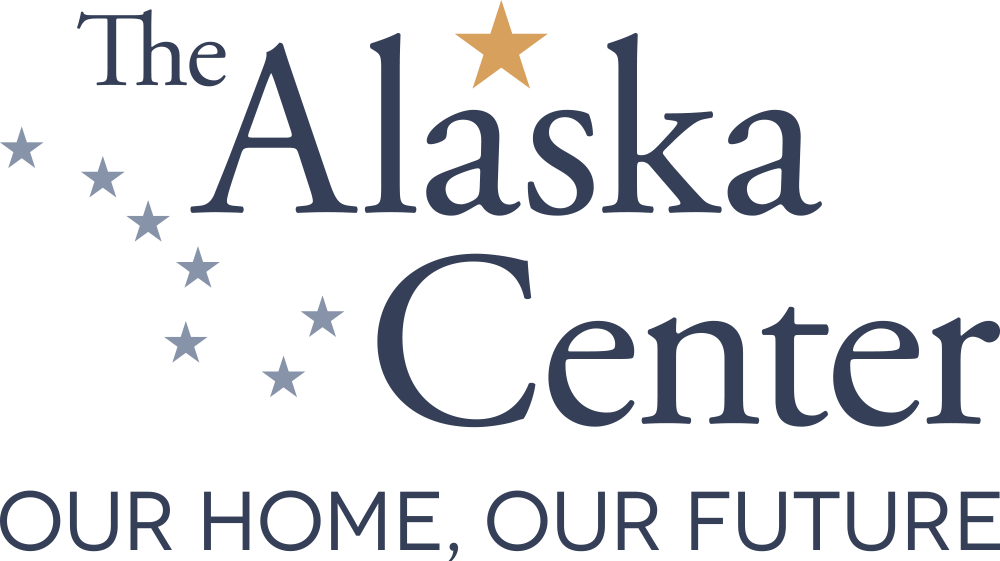Two weeks ago, several members of our team went to Juneau, in Á’akw Kwáan territory, for the Just Transition Summit. Over the course of four days, we heard from Indigenous leaders, youth, elders, labor movement experts, legislators, and other partners of ours about efforts to transition our economy away from extraction and toward resilience and regeneration.
We discussed a wide swath of issues related to a just transition, including building a true multi-racial democracy, circular economies and waste, and Indigenous Knowledge. We also made time for conversations around healing, and found opportunities to connect with one another between sessions. You can watch some of the keynote panels, and see a complete list of speakers on the Just Transition website. One highlight we are especially proud of: a legislative lunch and learn about transitioning our energy system, featuring three wonderful panelists. Our Alaska Fellow, Marta Ditzler, worked tirelessly on coordinating this over the past few months with support from the rest of our team, and we are so grateful for her work.

While there, The Alaska Center staff met with twelve legislators to discuss our energy policy priorities for the remainder of this session. We outlined the importance of things like Community Solar, a Renewable Portfolio Standard, annual net metering, and opposing any new coal projects. All of our conversations, however, turned to one key topic: transmission planning and upgrades.
The “transmission system” refers to all of the infrastructure that allows us to send energy from one place to another along the railbelt – which serves about 75% of the population in Alaska. When we talk about transmission planning, we are referring to a process that currently rests with the Railbelt Reliability Council. This group has been carefully organized to include stakeholder representation of small consumers, environmental groups, labor, regulators, and utility providers. They have been tasked with the responsibility of coming up with a holistic, efficient plan for the railbelt to get energy to everyone from Fairbanks down to the Kenai Peninsula.
Multiple issues are popping up related to this transmission system in the legislature. One current bill (SB 257) would take planning responsibility away from the Railbelt Reliability Council and create a new organization with less oversight and stakeholder input to handle planning. The Alaska Center has raised concerns about this proposal, as we believe this would result in less public input and transparency in planning. Other proposals would reduce the cost of sending energy back and forth by removing something called “wheeling fees” which utilities currently charge to one another. Another crucial issue is providing a state match for the federal Grid Resilience and Innovation Partnerships (GRIP) funding that will go toward transmission upgrades.
As the legislative body focuses on energy and transmission, The Alaska Center strives to be a resource on energy policy. We are working collaboratively with our partners to advocate for clean energy and transparency, and have provided legislative staff with our positions on these transmission issues while continuing efforts to bring our other policy goals to the forefront. We will continue our work throughout the rest of this session and will keep our supporters updated on opportunities to provide public testimony or otherwise get involved.
Whether you write to your representatives, call in to testify during public hearings, or author op-eds about your priorities, you are a key part of making sure the Alaska state legislature is acting in the best interest of the people. Looking for ways to participate? Sign up to volunteer with us!
Together for Alaska’s Energy Future,
The Alaska Center
Share this Post

